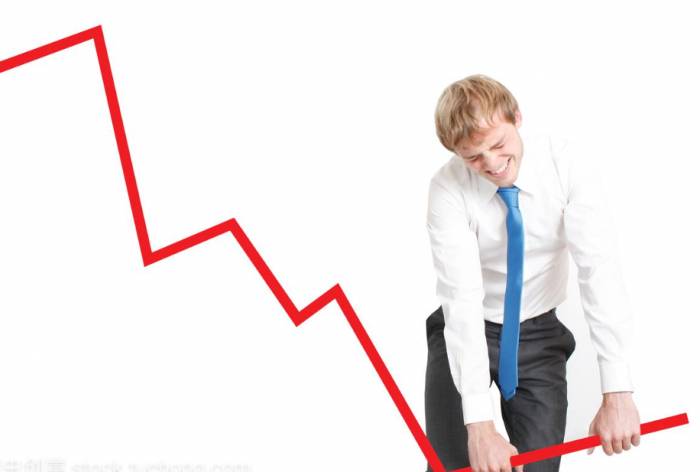A friend asked, there are many investment masters both domestically and internationally, and each person's investment philosophy and methods are not entirely the same.
How should we learn and find a set of principles that suits us?
Let me first share my own experience~
Formation of Investment Philosophy
The ones that had a significant impact on me are mainly two investment masters:Graham
Graham is known as the "Father of Value Investing" and was also the mentor of the stock market legend, Warren Buffett.
His representative book is "The Intelligent Investor."
Graham's investment philosophy encompasses many ideas, with the core being undervaluation.
• Buying stocks is buying a company: It is essential to focus on the long-term profitability of publicly listed companies rather than short-term fluctuations in stock prices.
• Margin of Safety: One should purchase assets that are priced below their value, such as buying something worth a dollar for sixty cents.
• Mr. Market: The market fluctuates with its ups and downs, and we should make investment decisions based on relatively objective criteria to avoid being influenced.John Bogle
Advertisement
John Bogle is known as the "Father of Index Funds" and is also the founder of Vanguard, the world's largest fund company.
His representative book is "Common Sense on Mutual Funds."
John Bogle has managed a variety of fund types, starting with actively managed funds and later also managing money market funds and index funds. The core is low-cost and diversified investing.
- Low-cost investing: Obviously, saving is earning.
- Diversified investing: Indexes naturally represent a diversified allocation. This reduces the risk of concentrated investments.
(PS: Diversified investing versus concentrated investing has always been a common debate in the investment field. Charlie Munger, Warren Buffett's partner, advocates for concentrated investing.)However, concentrated investing requires investors to have the ability to select outstanding companies for the long term. This is quite challenging for most ordinary investors. By diversifying their portfolios to achieve the average returns of asset classes, it is more suitable for ordinary investors.
The combination of these two investment masters' philosophies has formed the current investment philosophy:
"Invest in a basket of excellent undervalued varieties at low cost."
Active selection and index enhancement advisory portfolios are practices of this philosophy.
The advisory portfolio itself is diversified.
The funds in the portfolio are carefully selected as the outstanding varieties within that category of funds.
At the same time, they refer to the valuation of stars, indices, etc., and invest in the undervalued phase, patiently holding until the bull market is overvalued and then taking profits.A fund portfolio combines the strategies of these investment masters with the applicable domestic varieties, making it convenient for everyone to invest.
From another perspective, these concepts not only influence investments but can also affect one's career and life.
Even further, they can subtly change one's values and consumption habits.
Choose the concepts you believe in and implement them steadfastly.
In fact, before encountering these two investment masters, I had also learned about many other investment masters.
For example, Peter Lynch, John Neff, Templeton, Ray Dalio of Bridgewater, Schloss, David Swensen, Howard Marks...These various investment masters each have their own distinct philosophies.

We cannot simply grab everything at once, copying all the masters' philosophies wholesale.
Instead, we should first understand the era in which these masters lived, comprehend the context and reasons behind the birth of their investment philosophies.
Then, we should choose the philosophies and strategies that we more readily accept and implement them resolutely.
It is much like learning martial arts, with multiple schools such as Wudang, Shaolin, Kunlun, and the Beggars' Sect.A more appropriate approach is to pledge allegiance to a school or sect that one likes, and then focus on cultivation.
If you pledge to Wudang today and Shaolin tomorrow, it's certain that you won't be able to master the martial arts of either sect.
By following a well-devised strategy and investing real money, after going through several market cycles of boom and bust, you will have experienced most of the ups and downs of the market.
There is nothing new under the sun.
Over time, your investment experience will accumulate.
Leave a Comment